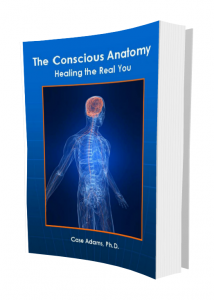Can Couples’ Hearts Beat Together?
This is the question Department of Psychology researchers at the University of California wanted to find out. So they conducted a series of studies out of three university laboratories, using couples who were romantic partners or not.
In this article
Clinical research on couples
The research, led by UC psychology professor Dr. Emilio Ferrer and Dr. David Sbarra of the University of Arizona, measured respiration parameters together with heart rate among 32 heterosexual couples. The couples were connected to monitors that measured not only their rates, but utilized a mathematical comparative approach called coupled oscillation. Each couple sat alone a few feet away from each other in a quiet room as the research was conducted.
The couples were also measured as they underwent a series of tasks. In one task, for example, the couple was asked to mimic each other while facing each other.
The results of the research found that the heart rates and breathing rates of romantic couples tend to synchronize, while non-romantic couples do not.
“We’ve seen a lot of research that one person in a relationship can experience what the other person is experiencing emotionally, but this study shows they also share experiences at a physiological level,” Dr. Ferrer told UC Davis News Service’s Karen Nikos.
Their rates also tend to adjust to each other’s, and in most cases, the woman’s rates would adjust to her partner’s rates.
One of the study’s authors, Jonathan Helm commented on this finding. “In other words, we found that women adjust in relationship to their partners. Her heart rate is linked to her partner’s. I think it means women have a strong link to their partners — perhaps more empathy,” doctoral candidate Helm told the UC News Service.
How about dying from a broken heart?
This of course helps confirm the notion of the saying that a person can “die of a broken heart” – often said of a widowed person who dies shortly after his or her partner dies. In fact, research also shows this can be a real scenario. In a study of 4,486 widowers published in the British Medical Journal, death rates were 40% higher among widowers during the six months following their partner’s death.
Even with this decades-old study, the science of relationships and health is still developing. Other studies – such as those linking stress with various ailments – have shown that relationships in turmoil can dampen one’s health. Other research has found laughter – a primary ingredient in a good relationship – is linked with better immunity. (Parsley also boosts immunity.)
Thus we find that hearts that stay together also beat together.
REFERENCES:
Helm JL, Sbarra D, Ferrer E. Assessing cross-partner associations in physiological responses via coupled oscillator models. Emotion. 2012 Aug;12(4):748-62.
Parkes CM, Benjamin B, Fitzgerald RG. Broken heart: a statistical study of increased mortality among widowers. Br Med J. 1969 Mar 22;1(5646):740-3.
Mora-Ripoll R. The therapeutic value of laughter in medicine. Altern Ther Health Med. 2010 Nov-Dec;16(6):56-64.
















